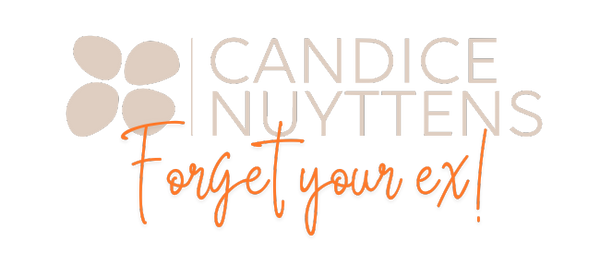
The Art of Journaling: How Writing Can Help You Overcome a Breakup
Share
Breakups can leave us feeling lost and overwhelmed, but journaling offers a powerful way to process emotions and find clarity. This article explores the art of journaling and its profound impact on healing after a breakup.
1. What is Journaling?
Definition and Purpose:
- Journaling involves writing down your thoughts, feelings, and experiences in a structured or free-form way. It’s a therapeutic practice that helps you process emotions and gain insights.
- Tip: Think of your journal as a safe space to express yourself without judgment.
2. Why Journaling is Effective After a Breakup?
Emotional Release:
- Writing allows you to release pent-up emotions and articulate your feelings.
- Tip: Regular journaling can help prevent emotional bottling and reduce stress.
Clarity and Insight:
- Putting thoughts into words helps organize and clarify them, leading to deeper self-understanding.
- Tip: Reflect on your entries to identify patterns and gain new perspectives.
Healing and Closure:
- Journaling can facilitate emotional healing by helping you process the breakup and move towards closure.
- Tip: Write letters to your ex (without sending them) to release unresolved feelings.
3. Types of Journaling Techniques
Free Writing:- Write continuously for a set period, allowing thoughts to flow without worrying about grammar or structure.
- Tip: Set a timer for 10-15 minutes and let your thoughts pour out onto the page.
Prompt-Based Journaling:
- Use prompts to guide your writing and explore specific aspects of your experience.
- Tip: Prompts like "What did I learn from this relationship?" or "How do I want my future to look?" can be very insightful.
Gratitude Journaling:
- Focus on positive aspects of your life to shift your perspective.
- Tip: List three things you're grateful for each day to cultivate a positive mindset.
Reflection Journaling:
- Reflect on past journal entries to see how your feelings and perspectives have evolved.
- Tip: Regularly review your journal to track your progress and growth.
4. Getting Started with Journaling:
Choose Your Tools:
- Decide whether you prefer a physical notebook or a digital journal.
- Tip: Use a dedicated notebook or an app designed for journaling.
Create a Routine:
- Set aside regular time for journaling to make it a consistent habit.
- Tip: Find a quiet space and a time of day when you're least likely to be interrupted.
Be Honest and Authentic:
- Write openly and honestly about your feelings and experiences.
- Tip: Remember, your journal is for your eyes only—there’s no need to hold back.
5. Journaling Prompts to Overcome a Breakup:
Exploring Emotions:
- "How am I feeling right now about the breakup?"
- Tip: Describe your emotions in detail to better understand them.
Reflecting on the Relationship:
- "What did I learn from this relationship?"
- Tip: Identify lessons and insights gained.
Visualizing the Future:
- "What does my ideal future look like?"
- Tip: Focus on your aspirations and goals.
Self-Care and Healing:
- "What self-care practices can I incorporate into my routine?"
- Tip: List activities that nurture your well-being.
Letting Go:
- "What do I need to let go of to move forward?"
- Tip: Identify any lingering feelings or thoughts holding you back.
6. The Long-Term Benefits of Journaling
Personal Growth:
- Regular journaling fosters self-awareness and personal development.
- Tip: Use your journal as a tool for continuous self-improvement.
Emotional Resilience:
- Journaling helps build emotional resilience by providing a healthy outlet for processing emotions.
- Tip: Reflect on how journaling has helped you navigate difficult times.
Goal Achievement:
- Writing down your goals and tracking your progress can increase your chances of achieving them.
- Tip: Set specific, achievable goals and document your journey.
Conclusion:
Journaling is a powerful tool for healing after a breakup. By expressing your emotions, gaining clarity, and fostering personal growth, journaling can help you navigate the challenging process of moving on. Incorporate our 'Forget Your Ex' program’s journaling prompts and techniques to enhance your healing journey and rediscover your strength and happiness.
